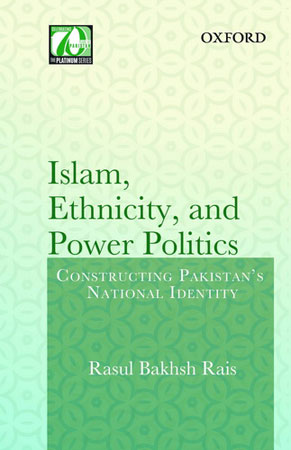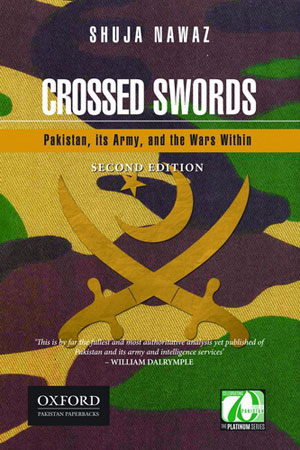 JAMAL MIAN: THE LIFE OF MAULANA JAMALUDDIN ABDUL WAHAB OF FARANGI MAHALL, 1919-2012 BY FRANCIS ROBINSON — this book relates the life of Jamal Mian Farangi Mahalli, a highly respected scion of Lucknow’s scholarly culture and a major leader of the Pakistan Movement. Based on the archives left by Jamal Mian, it explores his life as a member of Farangi Mahall, South Asia’s leading family of Islamic learning from Lucknow. The author covers the colourful life of a dynamic personality-from his education in the Dars-i Nizami and the spiritual traditions of his family to his rise to the Muslim League High Command, and his involvement in the campaign for Pakistan.
JAMAL MIAN: THE LIFE OF MAULANA JAMALUDDIN ABDUL WAHAB OF FARANGI MAHALL, 1919-2012 BY FRANCIS ROBINSON — this book relates the life of Jamal Mian Farangi Mahalli, a highly respected scion of Lucknow’s scholarly culture and a major leader of the Pakistan Movement. Based on the archives left by Jamal Mian, it explores his life as a member of Farangi Mahall, South Asia’s leading family of Islamic learning from Lucknow. The author covers the colourful life of a dynamic personality-from his education in the Dars-i Nizami and the spiritual traditions of his family to his rise to the Muslim League High Command, and his involvement in the campaign for Pakistan.



